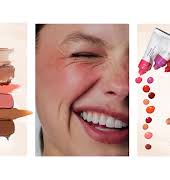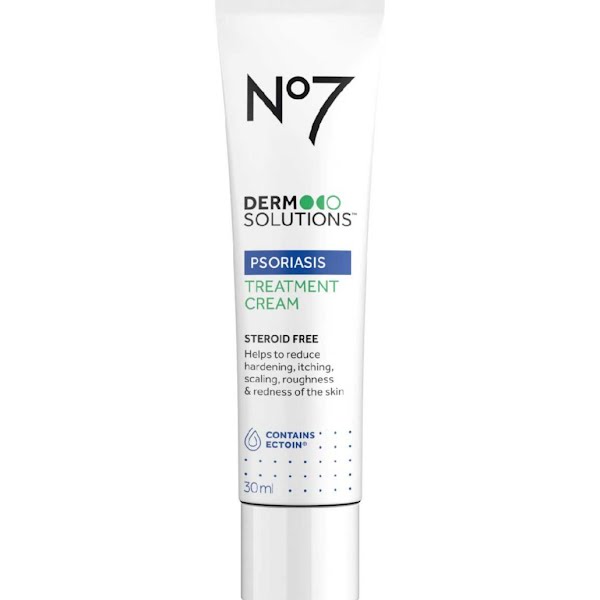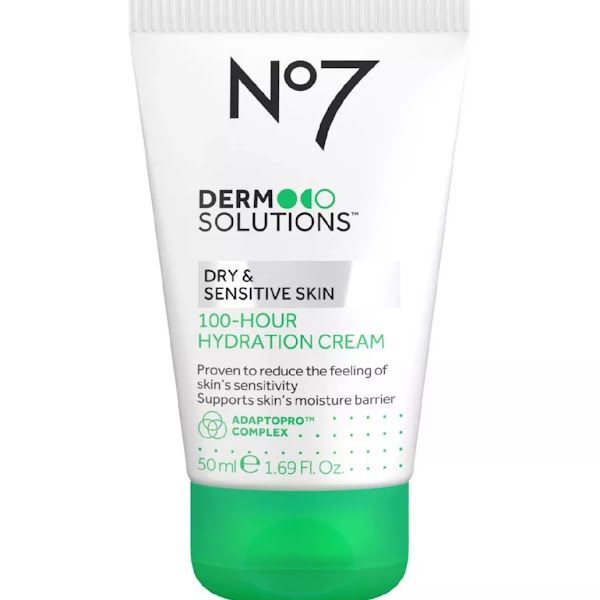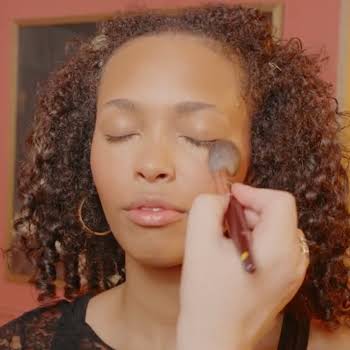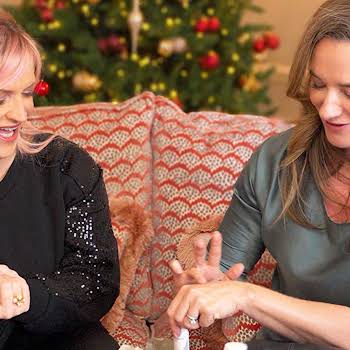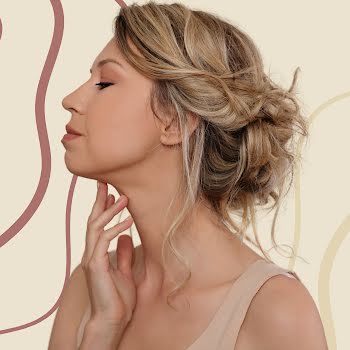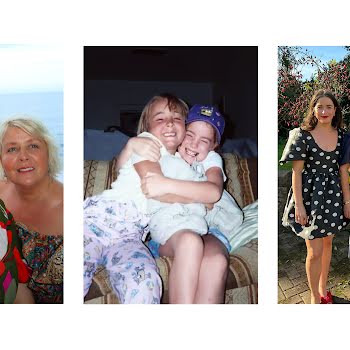
Sponsored
The key types of psoriasis, and how to handle them
Sponsored By

By IMAGE
13th Dec 2023
13th Dec 2023
Sponsored By

Understanding the unique nature of each type of psoriasis and how to care for it is crucial for finding the right solutions.
Psoriasis is a skin condition that causes red patches of skin covered with silvery, white scales called plaques on white skin. While on brown and black skin the patches can also look purple or dark brown, and the dry, flaky scales may look grey. Commonly, people develop psoriasis on areas such as the scalp, elbows or knees, but it can affect anywhere on your body.
Psoriasis occurs because an overactive immune system speeds up skin cell growth. Normal skin cells completely grow and shed (fall off) in a month. With psoriasis, skin cells do this in only three or four days. Instead of shedding, the skin cells pile up on the surface of the skin.
It is important to remember that not all psoriasis is created equal. Understanding the different types of psoriasis is crucial for effective management and of course, treatment.
Plaque Psoriasis
Plaque psoriasis is the most common form of psoriasis, accounting for about 80% of all cases. You can recognise it by its raised, red patches which are usually covered with silvery-white scales. These patches (or plaques) most typically appear on the elbows, knees, scalp, and lower back. It’s usually possible to manage plaque psoriasis with a combination of topical treatments, and if needed, medication.
Guttate Psoriasis
Guttate psoriasis causes small drop-shaped spots. You may get these on your chest, arms, legs and scalp. Sometimes you can get it after a streptococcal throat infection. It is more common among children and teenagers. There’s a good chance guttate psoriasis will go away after a few weeks. But in some cases, it can develop into plaque psoriasis. In severe cases, oral medications or biologics may be prescribed by a dermatologist.
Inverse Psoriasis
Inverse psoriasis affects parts of your body where there are folds or creases in your skin. Unlike other types, it appears as smooth, red lesions without the typical “scaling”. Friction and sweating can make inverse psoriasis worse. This means you can be uncomfortable in hot weather. This could be your armpit, groin, bottom or under your breasts. It can cause large, smooth patches in some or all these areas. Managing inverse psoriasis involves keeping the affected areas dry, using topical treatments, and avoiding friction or irritation.
Nail Psoriasis
Did you know psoriasis can affect your nails? This happens to less than half of people who get the condition. It can cause your nails to develop tiny dents or pits, change colour or shape, become loose and separate from the nail bed or in severe cases, even crumble.
Managing psoriasis
Moisturising the skin is the first step in easing psoriasis symptoms. No7 Derm Solutions Psoriasis Treatment helps support the natural elimination of dead cells from the skin’s surface, helping to normalise skin cell production. It stabilises the skin barrier providing moisturisation to the skin and preventing further dehydration.
Suitable for sensitive skin, this product helps to reduce hardening, itching, scaling, roughness and redness of the skin.
No7 Derm Solutions 100-Hour Hydration Cream is also an excellent product for very dry skin, as it’s formulated to provide long-lasting comfort to sensitive-feeling skin. Deeply hydrating, it helps improve the appearance of dryness, visible redness and uneven skin tone.
While there is no cure for psoriasis, various treatments and lifestyle changes can really help manage symptoms. To learn more about less common forms of psoriasis visit HSE.ie, psoriasis.org or mayoclinic.org.
Shop No7 Derm Solutions in selected Boots stores and online at Boots.ie
If symptoms persist or become severe, always consult a dermatologist or your GP.





